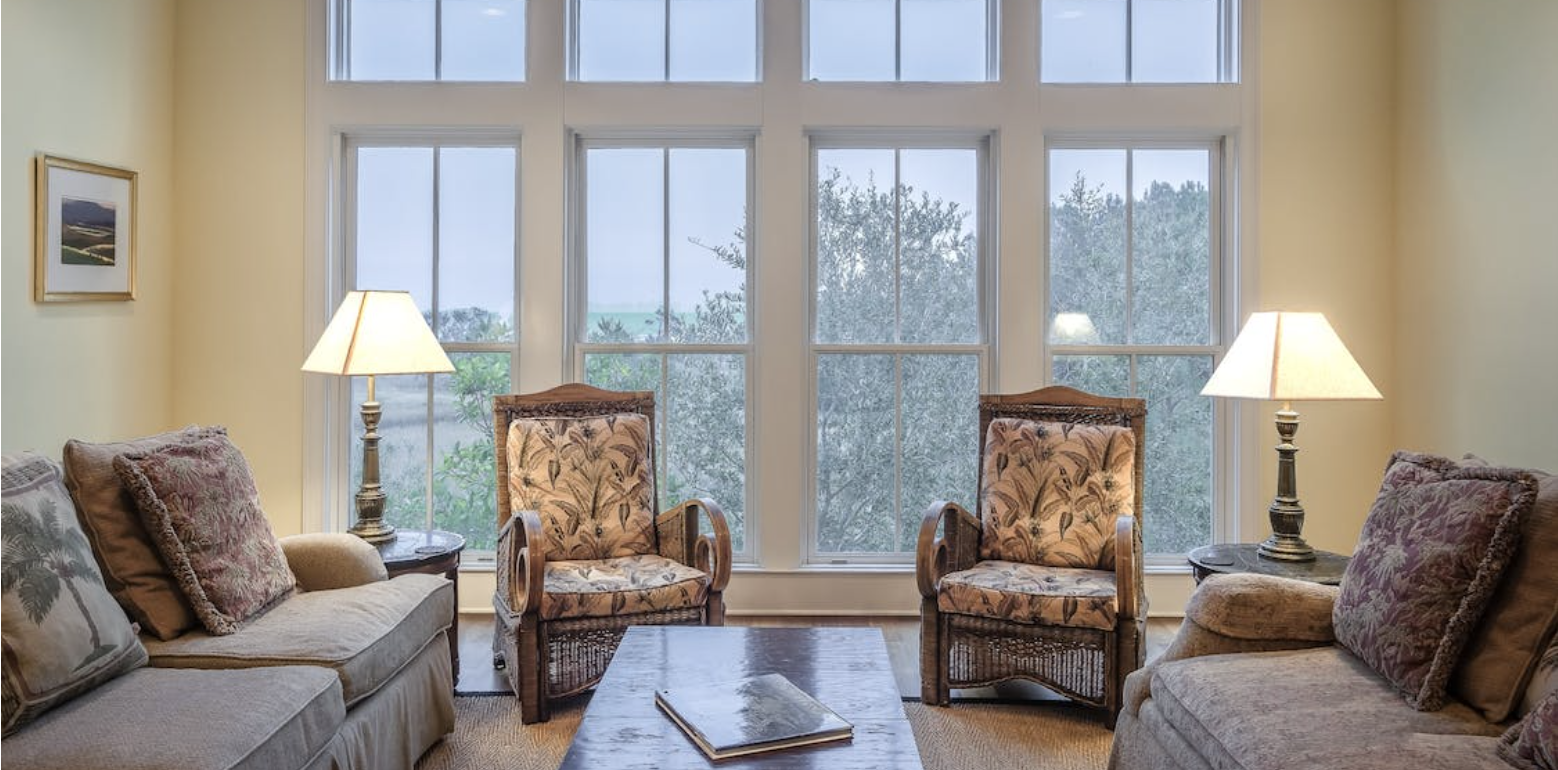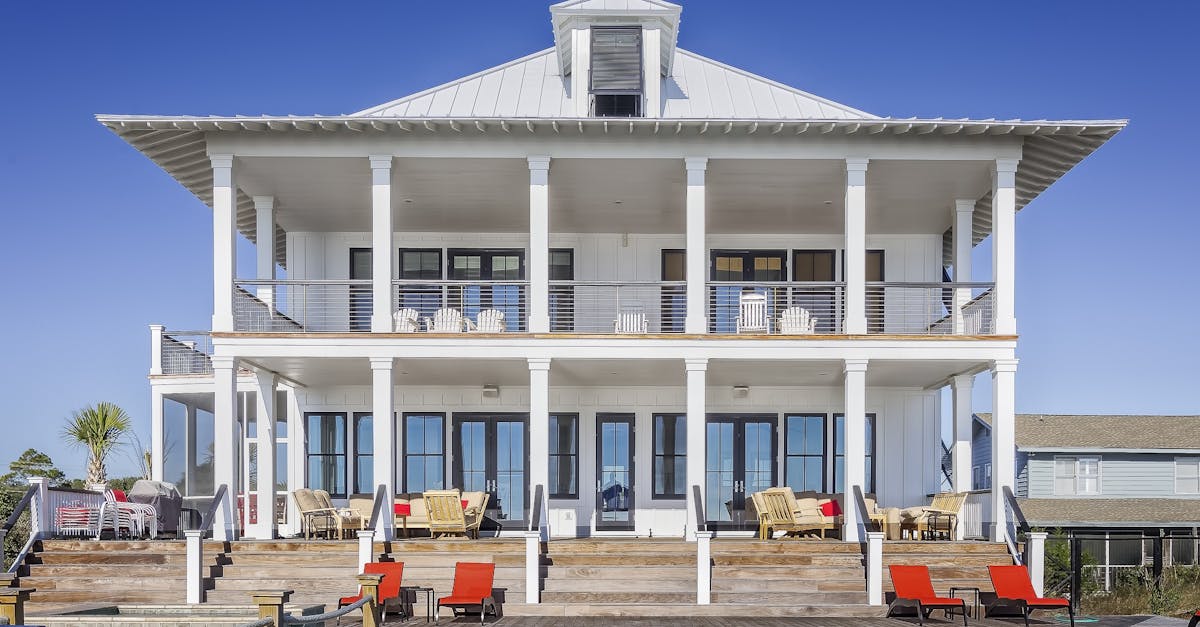Speak to a local care advisor at Assisted Living Locators by calling (888)-267-4741.
Learn about Assisted Living, Senior Living, Memory Care, and In-home care options.
As our loved ones age, the question of their care becomes increasingly crucial. One of the most common options is nursing homes, full-service facilities that provide around-the-clock care for seniors who require assistance with daily activities or medical needs. However, as with any significant decision, it’s critical to understand the pros and cons of nursing homes. This comprehensive guide will break down the advantages and drawbacks to help you make an informed decision.
What is a Nursing Home?
A nursing home, also known as a skilled nursing facility (SNF), is a residential care facility that provides comprehensive 24/7 health care services to seniors or individuals with disabilities. These services range from basic health monitoring to advanced nursing care, such as wound care and intravenous (IV) therapy. They also offer personal care assistance for activities of daily living (ADLs), such as grooming, bathing, dressing, and eating. Additionally, nursing homes often provide socialization opportunities through organized events and activities.
Pros of Nursing Homes
24/7 Access to Health Care
Nursing homes provide round-the-clock access to medical professionals, ensuring that your loved one receives the necessary medical care promptly. The medical staff in nursing homes include licensed practical nurses (LPNs), registered nurses (RNs), and in some cases, doctors, nurse practitioners, and physician assistants. This constant access to healthcare professionals provides peace of mind, knowing that medical assistance is always available in case of an emergency.
Full-Time Personal Care
In addition to medical care, many seniors struggle with daily tasks such as bathing, eating, and dressing. Nursing homes offer round-the-clock personal care, assisting residents with these activities of daily living (ADLs). This level of support can significantly improve your loved one’s quality of life, ensuring their basic needs are met and their dignity is maintained.
Social Opportunities
One of the lesser-known benefits of nursing homes is the social opportunities they provide. These facilities often host events and activities that encourage residents to socialize, helping to combat feelings of isolation and loneliness that some seniors may experience. Participating in such activities not only provides entertainment but also contributes to the overall mental and physical well-being of the residents.
Structured Lifestyle
A structured lifestyle can be beneficial for seniors, particularly those suffering from conditions like dementia or Alzheimer’s. Regular mealtimes, activities, and care routines can provide a sense of stability and security. While some individuals may find such a structured lifestyle restrictive, others may thrive in this environment.
Advanced Medical and Personal Care
Nursing homes are equipped to handle more advanced medical conditions that require the constant attention of healthcare professionals. From administering medication to providing physical therapy, these facilities have the resources and staff to address a wide variety of health issues. Additionally, the personal care provided in a nursing home can help seniors who struggle with daily tasks like bathing and dressing.
No Need for House Care
One of the significant advantages of nursing homes is that they relieve seniors of the burden of household chores. Cleaning, cooking, and maintenance are all taken care of by the staff, allowing residents to focus on their health and well-being.
Cons of Nursing Homes
High Cost
One of the most substantial drawbacks of nursing homes is their high cost. According to the AARP, nursing home care can cost tens of thousands of dollars per year. While Medicare and long-term care insurance may cover some of these costs, the financial burden can still be significant.
Limited Freedom
Nursing homes often have strict schedules and rules that residents must follow. While some seniors may appreciate the structure, others may find it restrictive and stifling. This loss of independence can be a significant adjustment, especially for seniors who are used to living on their own.
Risk of Poor Care
While many nursing homes provide excellent care, others do not. Poor care in nursing homes can range from neglect to outright abuse. It’s essential to research and visit potential facilities to ensure your loved one will receive the care they deserve.
Lack of Privacy
Most nursing home residents share rooms, which can lead to a lack of privacy. Additionally, the constant presence of staff and other residents can make it difficult for seniors to have alone time or private conversations.
Limited Visitation
Most nursing homes have designated visiting hours, which can be restrictive for both residents and their families. This can lead to feelings of isolation and loneliness among residents, especially if their loved ones live far away or have busy schedules.
Alternatives to Nursing Homes
While nursing homes offer numerous benefits, they are not the only option for senior care. Alternatives to consider include:
- Assisted Living Facilities: These offer a more independent lifestyle than nursing homes, with less medical care but more personal care assistance. They often provide social activities and communal dining, making them a good option for seniors who need some help with daily tasks but not constant medical attention.
- In-Home Care: This involves hiring a caregiver to help with daily tasks and provide companionship in the senior’s own home. While this can be a comfortable and flexible option, it may not be suitable for those with severe medical needs.
- Adult Day Care Centers: These provide care and activities during the daytime, allowing seniors to return home in the evenings. They can be a good option for seniors who need some supervision and socialization during the day, but have family members who can care for them at night.
Making the Right Decision
Choosing the right care option for your loved one is a deeply personal decision that should take into account their specific needs, personality, and preferences. It’s crucial to involve them in the decision-making process as much as possible and to consider their feelings and comfort.
Before making a decision, it can be helpful to visit several facilities or meet with potential in-home caregivers. Don’t be afraid to ask questions about staff qualifications, care routines, activities, and policies. You may also want to seek advice from healthcare professionals or social workers who specialize in elder care.
Conclusion
The decision to move a loved one into a nursing home is a significant one, with numerous pros and cons to consider. While nursing homes can provide much-needed care and support, they also come with potential drawbacks like high costs and limited freedom. By carefully weighing these factors and exploring alternatives, you can ensure that you make the best possible decision for your loved one’s care.
For more information on nursing homes and other senior care options, please visit our website. You can also read testimonials from our customers to get a sense of the care and support we provide.












